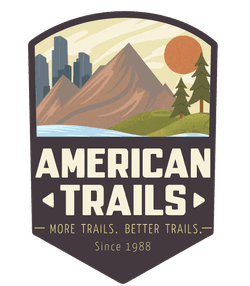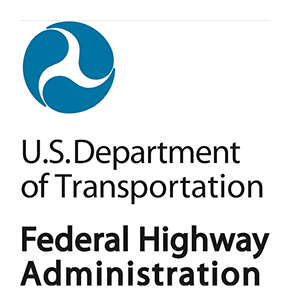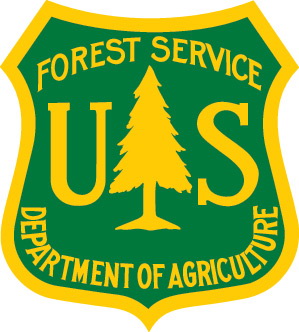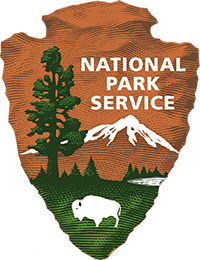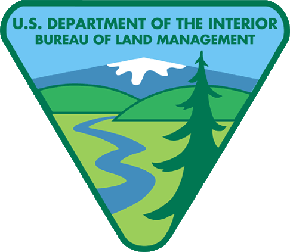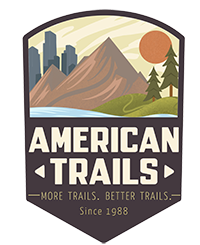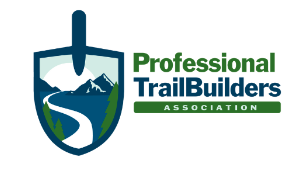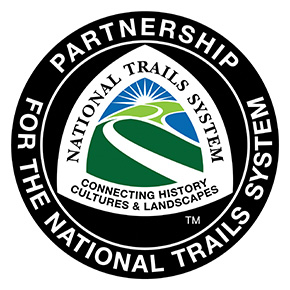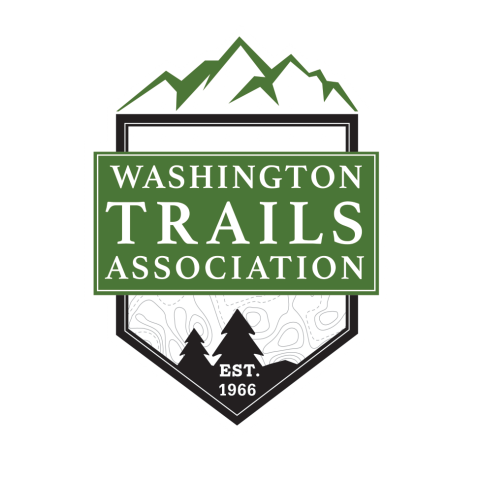Determine the overall costs of trail programs and projects including tools, consumables, volunteer and staff time, contractors and consultants, equipment, materials
Provide management of trail-related contracts as well as oversight of contractor activities, deliverables, deadlines, and payments
Identify funding sources that align with trail-related project/s; write and submit grants and grant reports; track grant fund expenditures; and communicate effectively with funders
Effectively communicate trail and partnership information to trail administrators, trail managers, contractors and consultants, volunteers, and the public
Develop and conduct workshops, seminars and other training for employees, public and private sector partners, volunteers, and the public on trail skills, land management issues and priorities, and policy that impacts trails
Monitor and document trail use and conditions to determine impacts on natural, social/experiential, historic, and cultural resources
Manage trails for a variety of uses and visitor experiences while meeting trail objectives
Apply knowledge of land management agency policies and law (including legislation, regulations, policy, planning, strategy, and management directives/guidelines) to the management of trails
Partner and collaborate effectively with a variety of user groups and organizations to bolster stewardship capacity and community support for trail projects and programs
Develop cooperative agreements or memoranda of understanding with land managers and partners that address the roles and responsibilities of all parties and define cooperative relationships




